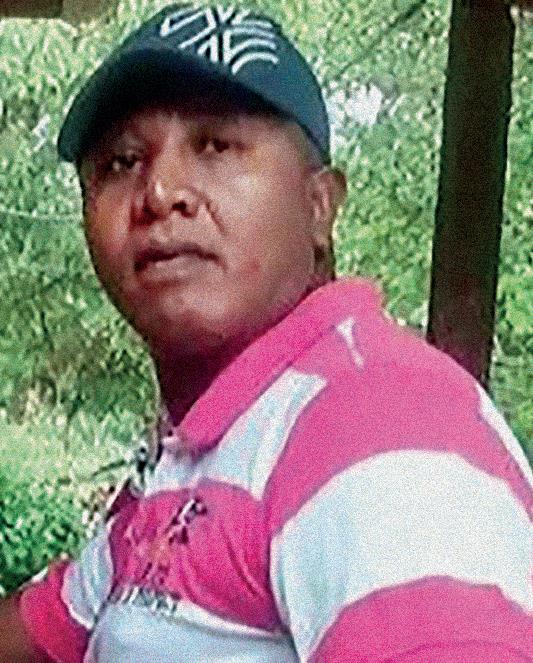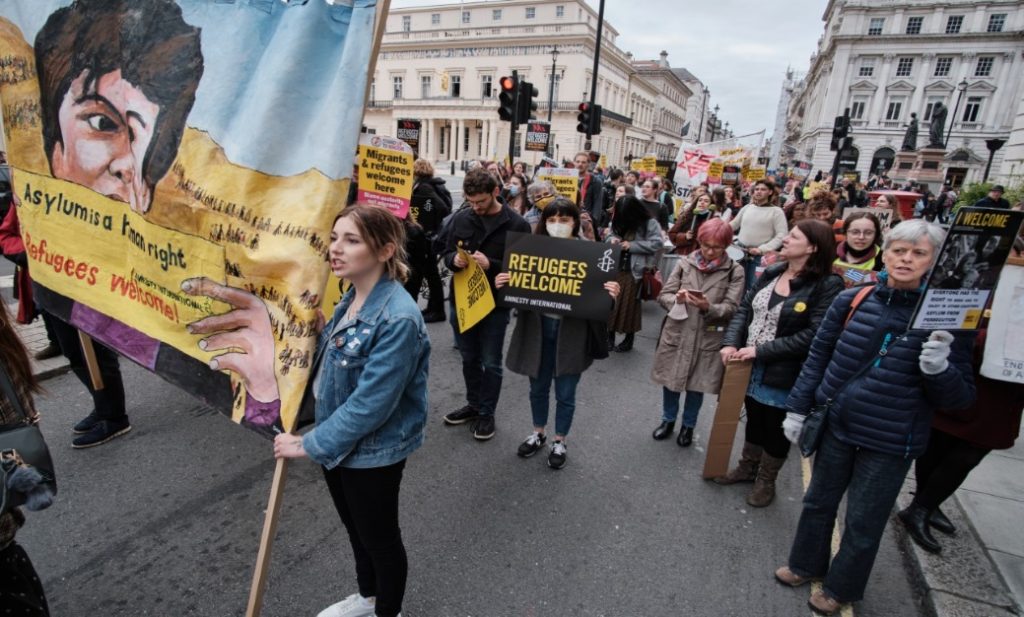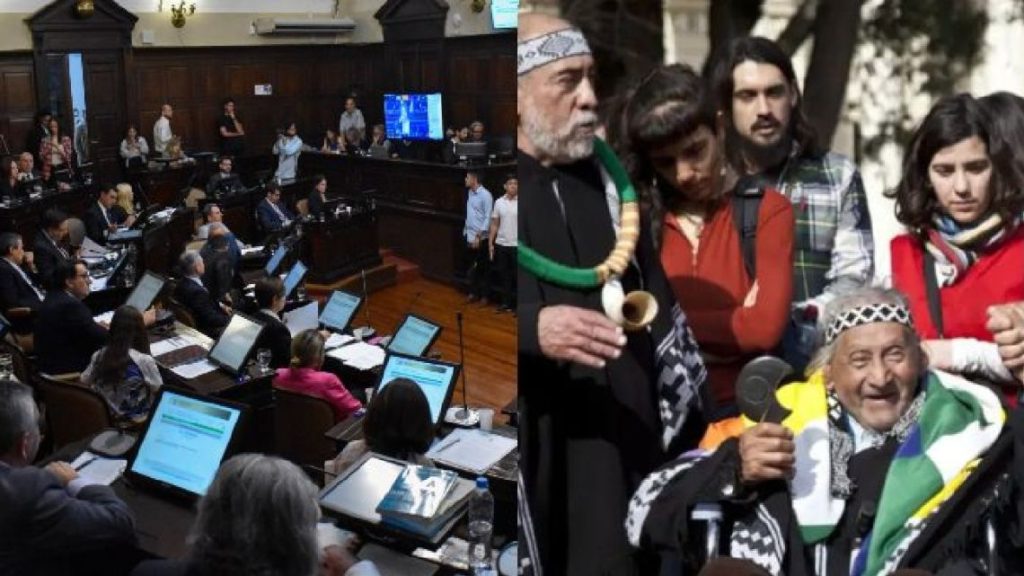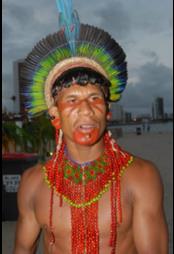This month we bring you news from Colombia, Brazil, Venezuela, Argentina, Ecuador, Peru, Bolivia, Paraguay, Uruguay and Chile. Please take action requesting protection for the Peace Community of San José de Apartadó, Columbia, who continue to suffer from threats and attacks by paramilitaries. There are now two Urgent Actions in Argentina; in both case you can take email action via the AIUK website. In Bolivia Amnesty has issued an update on the Urgent Action relating to 84-year-old human rights defender Amparo Carvajal. And there is an Urgent Action in Ecuador relating to the safety of prison detainees.
COLOMBIA
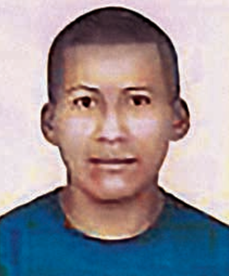
Peace Brigades International, which has helped protect the Peace Community of San José de Apartadó for many years, describes the ongoing obstacles they encounter to register their land claim that the Peace Community has cultivated for the last 25 years. Also, despite the visit of the Defence Minister in December, members of the Community continue to suffer from threats and attacks by paramilitaries, the Gaitan Self-defence Forces of Colombia. The latest death threat was received by the Community´s legal representative on Thursday 27 July.
Please take Action! Please write to Iván Velásquez, Defence Minister (usuarios@mindefensa.gov.co Twitter: @Ivan_Velasquez_ ), asking the Defence Ministry to provide protection for the Peace Community from the paramilitary Gaitan Self-defence Forces of Colombia: Please send copies to: Nancy Benítez Páez, Chargée d’Affaires, Embassy of Colombia, 3 Hans Crescent, London SW1X 0LN; email: elondres@cancilleria.gov.co
Programa Somos Defensores (We are Defenders Programme) report that the number of aggressions against human rights defenders and social leaders remained the same in the January-March period of 2023 compared to the same period for 2022, while the number killed were 31 compared to 53. The armed groups responsible for the killings were only identified in four of the 31 cases, which they note impede investigations and favour impunity.
Colombia Reports on the gradual downward trend in killings of HRDs and social leaders as well as demobilised former FARC guerrillas in the first half of 2023. They attribute the reduction to the Petro Government extending ‘to many of the country’s armed groups an opportunity to negotiate peace or demobilization, which gives them an incentive to improve their behaviour toward non-combatants’. On 6 June, the Government signed a 6-month ceasefire with the ELN (National Liberation Army) the largest guerrilla force.
The Guardian explains President Petro’s tactic of appointing controversial individuals to negotiate peace with armed groups. In November he appointed the leader of the conservative association of cattle farmers to lead talks with the FLN (National Liberation Army). He has now named Salvatore Mancuso, a former commander of the paramilitary United Self-Defence Forces of Colombia, as ‘Peace Manager’ to negotiate peace with, they assume, the largest criminal organisation known as the Gulf Clan. Mancuso has admitted to being responsible for 300 killings and his appointment has outraged many in Colombia. He remains in US custody in Atlanta.
However, the National Federation of Departments, representing the country’s regional Governors, on 4 July publicly demanded action by the Government and the military to protect communities, stating that armed groups are making a joke of President Petro’s plan for Total Peace. They claim that the country is confused by the ‘contradictory messages of negotiations and ceasefires’ and that the President’s ‘permissive’ policies are threatening democracy in Colombia. Regional elections take place in October.
BRAZIL

On what would have been Marielle Franco’s 44th birthday, Amnesty International demands that the authorities bring to justice the people who ordered her assassination. Two former military police officers have been charged with the murder of Marielle and her driver Anderson Gomez. One of them has confessed to the crime and said that former fire fighter Maxwell Simões Corrêa acted in the planning of the crime and in the protection of those involved. He has been arrested by police. [Read more…]
